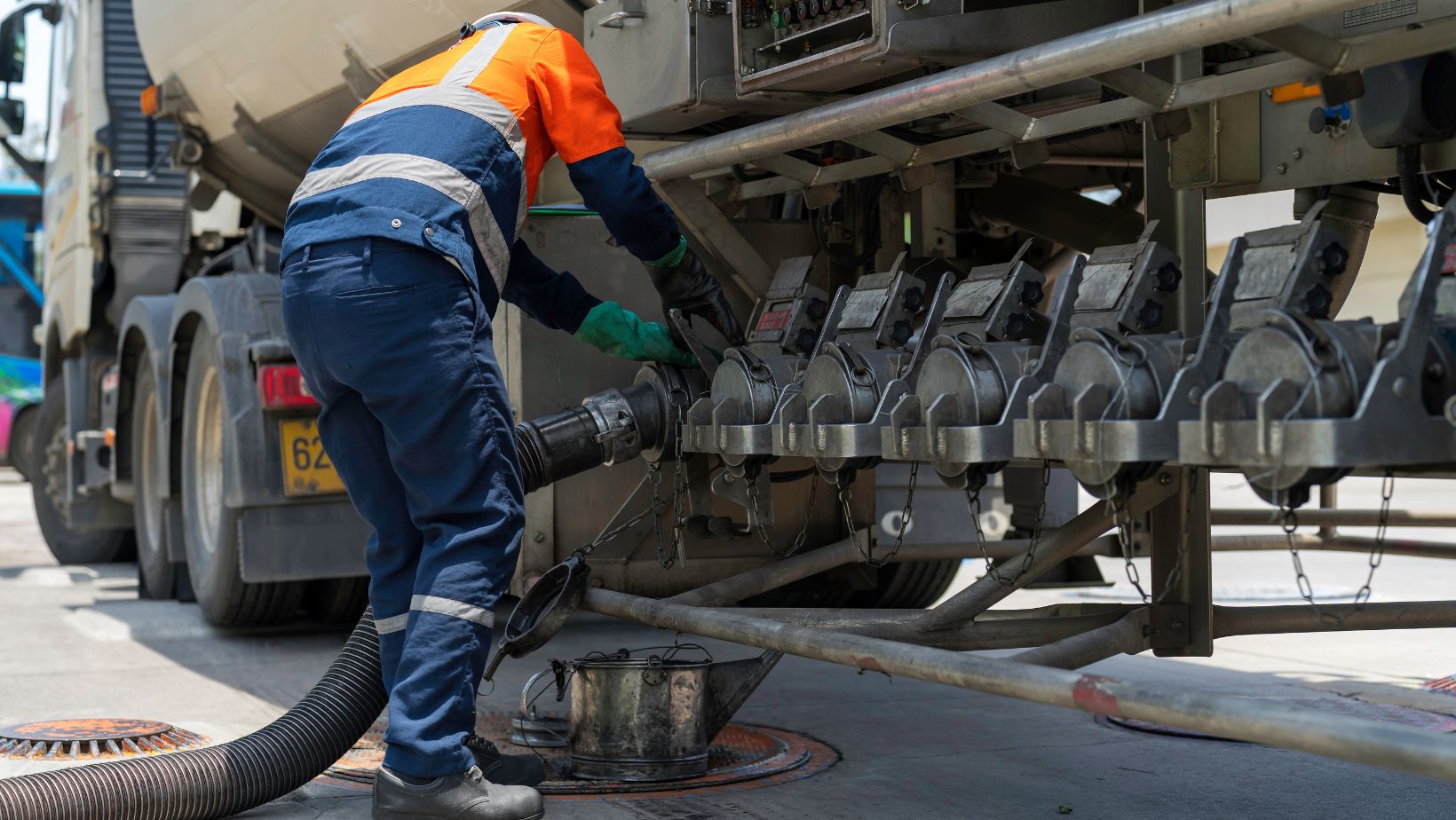Keeping your business vehicles fueled while on the road is crucial for smooth operations. However, managing fuel expenses can be a daunting task, especially for small businesses with tight budgets. This is where fuel cards come into play. They offer a convenient and cost-effective solution.
Selecting the right fuel card for your small business can save you time, money, and countless operational headaches like delays in raw materials or product distributions. This guide equips you with practical tips and essential considerations to help you choose the right fuel card for your business needs. Read on!
Analyze Security Features and Fraud Protection
Fuel card fraud poses a severe threat to fleet finances. However, the correct card provider offers an array of security features to safeguard your business.
When researching fuel cards, prioritize discount fuel cards with excellent fraud prevention capabilities. Look for cards with built-in controls like purchase volume limits, vehicle restrictions, and PIN requirements for transactions. These precautions help deter misuse while still providing drivers flexibility.
Robust data analytics from providers can also identify irregular spending patterns, such as unusual times, locations, or amounts. Real-time alerts notify you of potentially fraudulent transactions, enabling you to address them promptly.
Moreover, some providers offer enhanced monitoring services that regularly screen all fuel card charges for suspicious indicators. This proactive approach helps detect and flag questionable charges for your review, providing additional protection against fraud.
Assess Your Business Needs
Choosing the ideal fuel card requires a thorough analysis of your fleet and business needs. Take stock of how many vehicles you operate, including cars, trucks, vans, or other commercial units.
Consider the types of vehicles as they usually consume different amounts of fuel: Are they mostly passenger cars or heavier trucks? Understanding your fleet makeup helps guide your fuel card selection.
Once you’ve assessed your fleet, think about your typical fueling volumes. Do you need a fuel card with high capacity to accommodate purchasing larger quantities? Usage patterns also determine what card features and incentives make sense. Things like corporate fuel rebates, prompt payment discounts, and consolidated billing help optimize savings.
Examine Reporting and Management Tools
Modern fuel cards offer detailed reporting and analytics that provide valuable insights for managing small business fleets. When researching options, prioritize fuel cards with intuitive online portals that allow you to monitor real-time spending across vehicles. With visibility into metrics like average fill amount, fuel grade, time of day, and location, you can optimize routes, identify waste, encourage savings, and tighten controls.
Consider cards that allow setting various permissions and restrictions tailored to specific drivers or vehicles. Restrict non-essential vehicles to regular unleaded fuel only. Set maximum fill amounts or limit fueling frequency to prevent misuse.

Many cards integrate with telematics systems and fleet management software, syncing fuel data with other vehicle metrics. This consolidation streamlines oversight into a single dashboard. Some fuel card platforms even allow custom report building to extract and analyze data specific to your needs.
Generally, the most versatile fuel card programs use actionable analytics to increase accountability and savings. With the ability to identify high-performing drivers and those needing retraining, you can shape behaviors that boost your bottom line. In-depth fuel insights allow continuously refining policies around idling, route mapping, and maintenance to improve operational efficiency.
Evaluate Network Coverage and Acceptance
The card’s acceptance network and coverage are vital factors to consider when selecting your business fuel card. You’ll want to ensure your drivers can conveniently access fuel across your regular routes and operating regions without substantial downtime or detours.
Map your fleet’s primary travel routes and operating radius, and make a list of the key metropolitan areas and interstate highways you utilize. Then, research fuel card acceptance at major nationwide fuel brands, regional chains, and independent stations along those routes.
Choose a flexible fuel card option that is accepted at various gas station brands like Shell, Exxon, and Chevron. However, coverage at truck stops like Flying J and TA that cater to professional drivers should also be considered. The best fuel card networks incorporate both major highway travel centers and local stations in the cities and communities in which you operate.
Compare Fees and Fuel Charges
When researching the best fuel card options, pay close attention to the fee structures and fuel surcharges involved. The goal is to find a card that optimizes control and savings for your fleet’s needs. Start by looking at any recurring fees, like annual or monthly service fees. Consider the magnitude of these fixed costs and weigh them against the card’s features and acceptance network.
Next, inspect transaction fees. Some providers charge per transaction. With a large fleet fueling frequently, these per-purchase costs can quickly diminish potential savings. So, choose fuel cards with minimal or no transaction fees.
Also, compare interest rates and repayment terms across providers if the fuel card involves revolving credit. Opt for competitive interest rates and flexible payment windows that align with your cash flow needs. Additionally, you’d want to understand each card’s process for setting fuel prices. Some use local retail rates, while others charge above-retail surcharges.
Conclusion
Choosing the right fuel card for your small business involves a thorough analysis of your fleet’s needs, a comparison of card features and costs, and an evaluation of the added value each card can bring to your operations.

By taking the time to research and select a fuel card that aligns with your financial objectives, you can enjoy streamlined fuel management, improved financial oversight, and significant savings on your fuel expenses.


